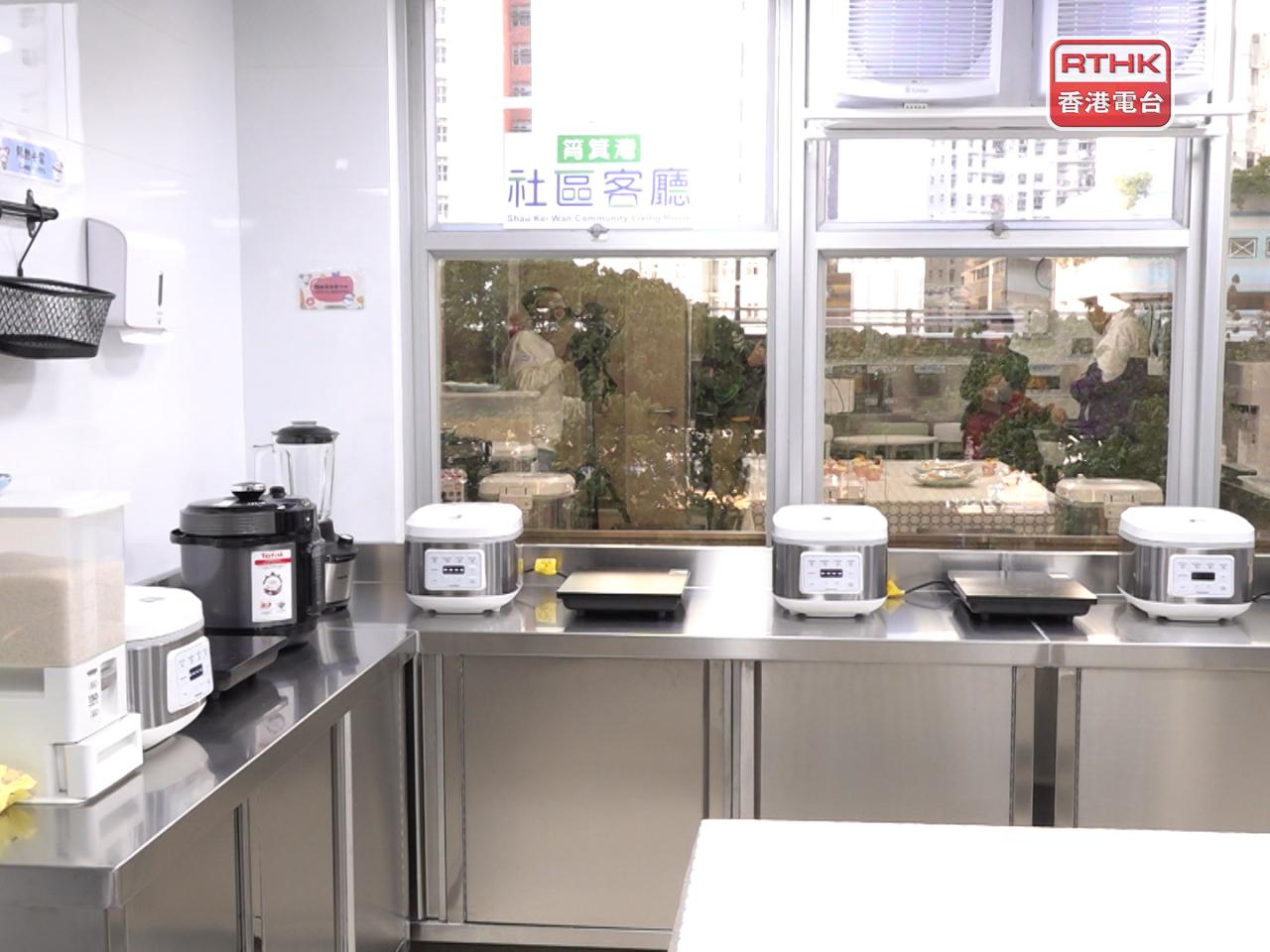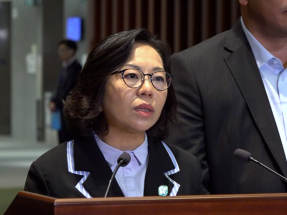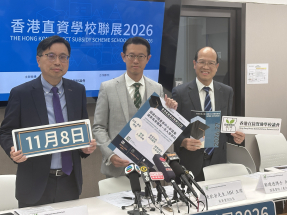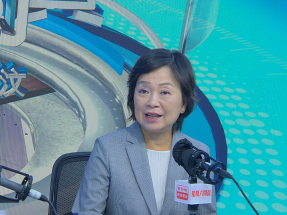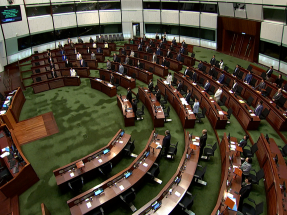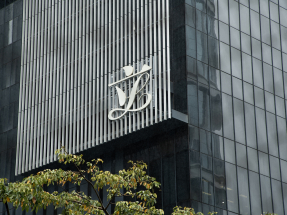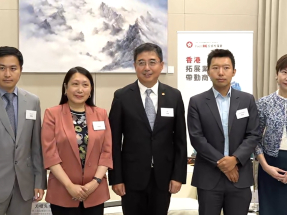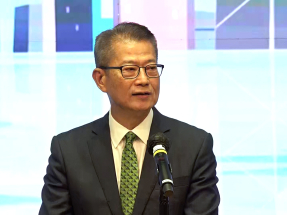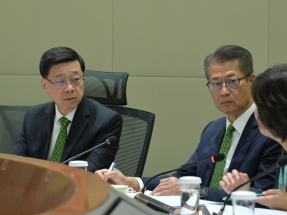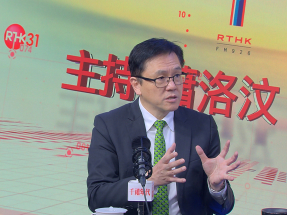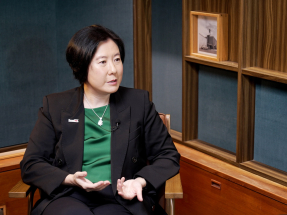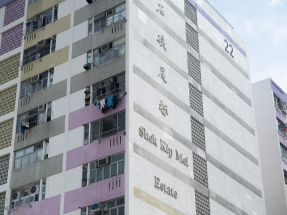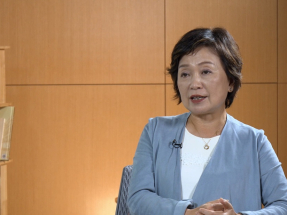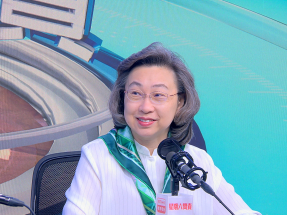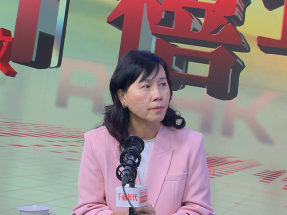Six more community living rooms will be set up as part of poverty alleviation efforts by Chief Executive John Lee, who has also pledged to inject hundreds of million of dollars to support primary school pupils from disadvantaged communities.
Lee vowed to continue the government's work in this area by "directing resources to those most in need", with an assessment of the impact of such efforts to be published in mid-2026.
Of the six additional community living rooms, which offer shared spaces for those living in subdivided units, he said "together with the nine already launched, they are expected to benefit about 7,000 [subdivided unit] households, serving over 1.4 million attendances," Lee said.
The administration will pour HK$180 million into the Child Development Fund and improve projects by referring to the successful experience of the Strive and Rise Programme "with a view to reducing intergenerational poverty".
Lee said a cap on the School-based After School Care Service Scheme will be lifted, while a pilot scheme will be launched to provide time-limited cash incentives to families that have left the Comprehensive Social Security Assistance (CSSA) and are eligible for the Working Family Allowance.
For the elderly, there will be a pilot scheme to subsidise CSSA recipients choosing to retire in Guangdong and live in designated residential care homes in the province.
Up to 1,000 eligible elderly individuals will receive a subsidy of HK$5,000 per month.
Authorities will also increase the number of care homes taking part in a scheme for residential care services in Guangdong from 15 to 24 next month, while the number of cities covered will increase from six to eight.
An annual recurrent expenditure of HK$500 million will be reserved to bolster support for carers, including expanding the Carer Support Data Platform.
- Home
More community relief set for subdivided unit families
2025-09-17 HKT 15:00
2025-10-26 HKT 11:46
2025-10-22 HKT 19:05
2025-10-18 HKT 15:09
2025-10-10 HKT 19:02
2025-10-08 HKT 12:57
2025-10-06 HKT 21:04
2025-10-06 HKT 17:03
2025-09-29 HKT 16:50
2025-09-29 HKT 12:33
2025-09-29 HKT 10:04
2025-09-28 HKT 15:34
2025-09-28 HKT 13:30
2025-09-27 HKT 12:56
2025-09-27 HKT 12:04
2025-09-22 HKT 13:46
2025-09-22 HKT 12:52





